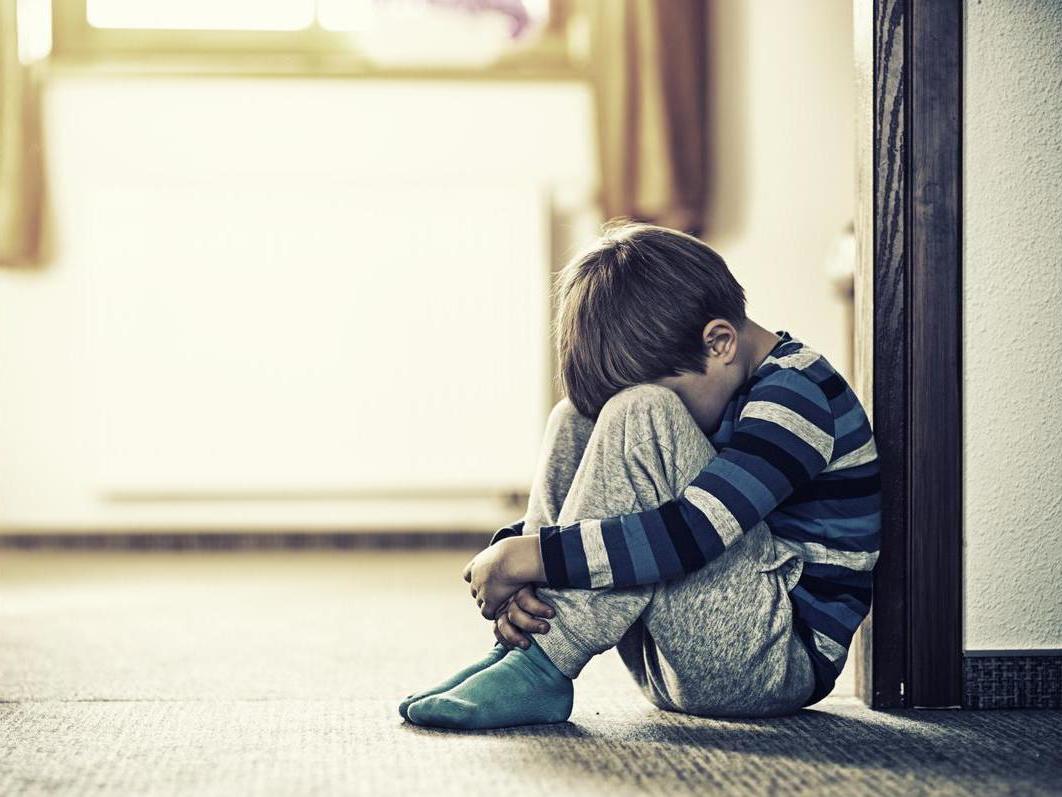Millions of children in England living in potential danger, children's commissioner warns
Collating figures on children deemed to be ‘vulnerable’ for a host of reasons, children’s commissioner Anne Longfield warns countless more could have ‘fallen through the cracks’ of local authorities

The Government must take action to protect thousands of children in England facing slavery and abuse, the children’s commissioner has warned.
Millions of children in England are vulnerable and living in potential danger, including tens of thousands of young people involved in gangs and hundreds more falling victim to slavery each year, said Anne Longfield.
Publishing a new report analysing the scale of vulnerability among children in the country, the commissioner raised concerns that as many as 700,000 children are living in “high risk” families where parents or guardians suffer from drinking problems, drug abuse, ill health or unemployment.
Some 580,000 children – equivalent to the population of Manchester – are so vulnerable that the state has had to step in and provide care, intervention or support in the past year.
The report highlighted that 800,000 children aged five to 17 suffer from mental health disorders, and 200,000 children are judged by their local authority to have experienced trauma or abuse.
There are also 1,200 newly identified victims of modern child slavery per year in England alone.
Ms Longfield said, however, that the figures were only “the tip of the iceberg” since many of the country’s most vulnerable children are unknown to authorities or “fall through the cracks”.
“Work out how many vulnerable children there are in this country today… Four months, 12 experts, 500 pages and four spreadsheets later, and our answer is: we don’t know,” she explained, adding that the figures they did have would serve as a “wake-up call” for the Government.
She told The Independent: “We’ve got hundreds of thousands of children here already whom we know are very vulnerable. But we’ve been quite conservative in the estimate that we’ve put forward.
“If you look at children who live with parents who have high-risk behaviour around alcohol, for instance, some of the estimates for children who are living in families who drink too much are up to a million children.
“Actually, we’ve retained this back down to those children living with families who are getting treatment for alcohol – which is a much, much smaller number, down to 20,000.
“So you can see the difference there; there’s a whole spectrum of vulnerability and the Government has been in the dark about it for absolutely too long.”
A vulnerable child is most often defined as having “complex needs”, requiring extra help from public agencies, such as social care workers, often but not always living below the poverty line.
The extent of the problem is difficult to quantify, Ms Longfield explained, as not all groups of vulnerable children are measured – for example, those receiving poor parenting unknown to the state.
National Crime Agency figures published earlier this year revealed child trafficking in the UK is at a record high – something Ms Longfield aims to address as part of a programme of work on children’s vulnerability.
The programme will start by tackling the confusion over the term “vulnerable”, something the commissioner will consult broadly on to help develop a framework that can be used widely.
Responding to the report, an NSPCC spokesman said: “It’s horrifying that each year 1,200 more children are found to be victims of slavery.
“Our Child Trafficking Advice Centre helps professionals to protect children who have been moved across borders and made to do things beyond our worst nightmares.
“It’s vital that organisations work together to prevent this terrible abuse, pursue the abusers, and any trafficking or slavery victim is protected and given support to overcome their traumatic experiences.”
Ms Longfield called on the Government to ensure better data is collected, questioning how effectively the problems outlined in the report can be tackled if departments and agencies do not know how many children are affected or cannot agree on how to define and, therefore, identify them.
Robert Goodwill, minister for children and families, said: “Every single child should have their voice heard and receive the care and support that they need to realise their potential.
“Across government, we are taking action to address this issue – whether through reforming children’s social care, prioritising mental health, or better protecting victims of domestic violence and abuse.
“For some of the most vulnerable, our new What Works Centre for children’s social care will ensure social workers across the country are able to learn from best practice in keeping children safe.
“We recognise the scale of this challenge – and, while the number of children in need has remained relatively static since 2010, there is always more to do. We will look carefully at these exploratory statistics and I am looking forward to working with the children’s commissioner as this important work continues.”
Subscribe to Independent Premium to bookmark this article
Want to bookmark your favourite articles and stories to read or reference later? Start your Independent Premium subscription today.

Join our commenting forum
Join thought-provoking conversations, follow other Independent readers and see their replies